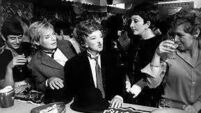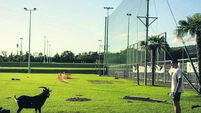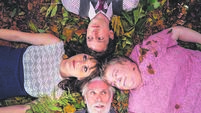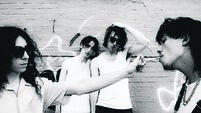Cork Podcast Festival: Bringing conversation and music to the main stage
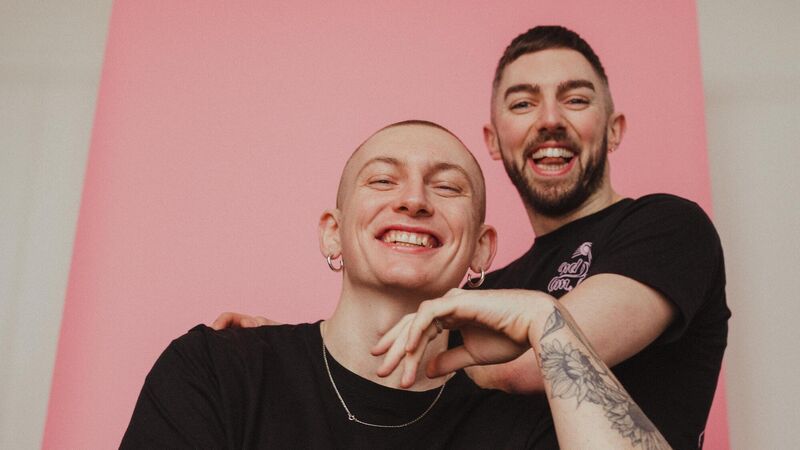
I'm Grand Mam all set for Cork Podcast Festival at Cork Opera House.
It feels strange that podcasting should be regarded as a ‘new’ or ‘emerging’ medium. Even breaking the language around the medium down - a broadcast for your iPod, an ancient device once used for the storage and playback of local audio files - is becoming an exercise in generational communication differences.
Beginning as the preserve of specialist shows, aiming to circumvent the time and commercial considerations of radio by reaching people directly (your writer remembers looking for shows about American professional wrestling in the mid-2000s); before undergoing a renaissance in the 2010s off the back of American broadcaster NPR’s ‘Serial’ and related shows, the podcasting medium has blossomed into an alternate media ecosystem.
Whether you’re looking for deep-dives into your own interests and related topics, or simply seeking some background chatter for your working day, the podcast medium, available on demand, and not hemmed in by the presentation and production quirks of mainstream radio, has become the de facto listening option for a growing percentage of the audience for audio.
Re-enter Cork Podcast Festival - returning after a crisis-era hiatus, the Good Room-produced season assembles some of the crown jewels of the medium in Ireland, including Blindboy Boatclub, the I’m Grand Mam crew, Donal Dineen, and the Same But Different podcast - and following the crisis-era uptick in podcast consumption from a wider audience, the response has been good, says co-director Ed O’Leary.
“The responses have been great as always - we've got a broad selection from The Blindboy Podcast, Off the Ball, Left on Read; The Critter Shed, discussing creepy crawlies and biodiversity; we've got stuff in the Firkin Crane as well, The Creep Dive, delving into all these kind of creepy stories from years gone by, and breaking them down and live in front of people.
“And we've also got Catch-Up with Louise McSharry. A good few shows are sold out already, and most of them are kind-of getting close, y'know. As always, a great reaction to podcasts - everyone has their own favourite.”
It’s been one thing to witness the various false dawns and eventual adaptation of the medium by a wider audience over the years, and seeing features audio be utilised for documentary, fiction, oral history, cultural curation and more; but it’s been quite another to see it develop as a platform from which live shows could not only develop - but become viable, full-time touring propositions, where episodes are recorded before audiences, with all the changes in dynamic that stand to occur.
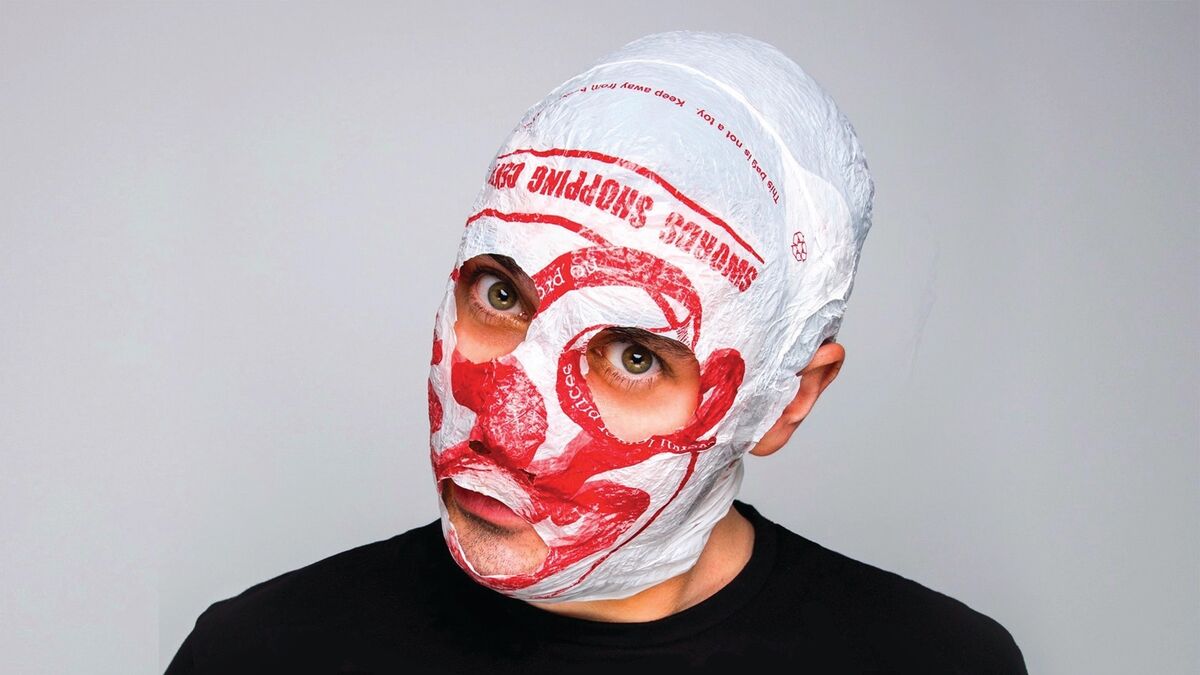
O’Leary has seen the phenomenon from the ground - The Good Room’s working relationship with the Rubberbandits saw Blindboy reach out about his earliest live podcast recordings - and how podcasts as live attractions have evolved.
“I suppose it's the long form, the way people can actually spend time now, and sit down with a topic and really delve into it, really give it a good amount of time. I suppose the main change overall is more groups like Acast and Spotify, and these big names, really latching on to podcasts, they're really pushing it now. The move into live shows is happening more and more now, because they realise, yes, they have their podcast week-to-week or however they do, a lot of them have a Patreon that would fund that, but there's also a huge demand for people to actually see them in person, see them live, bring on a guest, hear them talk.
“It's happening more and more with Irish podcasts. Like for us, the first podcast we ever did was Blindboy back in 2018. I was even surprised by the idea that somebody would go and listen to a live podcast. We were sceptical when he first started, but now he does a live podcast in Cork every six months, they all sell out, he's got a great following. And it's an extra revenue stream that they didn't realise maybe was there before. It's all very interesting - and it's definitely something to watch.”
From the perspective of organising, promoting and developing a festival, it’s not been too often in our generation where we’ve seen an entirely new medium develop - and the language, live attendance norms and curatorial brush-strokes being defined in real-time.
After all, with a music festival, fans and producers alike can pick up on the tone and intent of a festival by its mix of artists and DJs; and a literary or film festival can speak louder still with selections of creators, venues, and themed programming events - but what’s it been like to assemble and communicate line-ups for an entire festival around a medium where expectations are still being formed?
“Yeah, it's tricky, actually. Because in Ireland, we have a huge amount of podcasts, and this year, there were actually too many to choose, where we found it quite difficult to kind of zone in and say 'we'll go on with these ones only'. And then of course, as soon as you announce something, you've got more people coming that you didn't even know did podcasts, y'know, a lot of comedians have their own podcast, and it seems to be a format that works very well for them because they can kind of really hone in.
“For us, a podcast obviously is much easier to put on than a music show, your technical requirements are way less. Some big shows have a lot of stuff going on with their shows, like audio and video cues, there's a load of things going on, and that has to be taken into consideration. It's a lot less intensive when you're booking the podcast - every venue just needs to have a PA, they need to have their microphone, they need to have their sound engineer and you're not looking at backline, you're not looking at 32 channels on a mixing desk to fit the whole band in... but it's still about getting the right sound all in all, if you want to have that nice, warm sound, the "podcast hug" for want of a better word, so when picking the venue this year, we were very much conscious of that, as well as than picking the actual podcast, venues that we know will have the right sound, that warm, soft dead sound.”
The exponential growth of the podcasting medium - in conjunction with a similarly exponential rise in captive pairs of ears over the past few years - has meant that big names in radio and streaming have attempts at monopolising the space, attempting to tame the medium, signing big international names to platform-exclusive deals, and launching shows closer to the patter and pacing of daytime radio, than a satisfying audio essay.
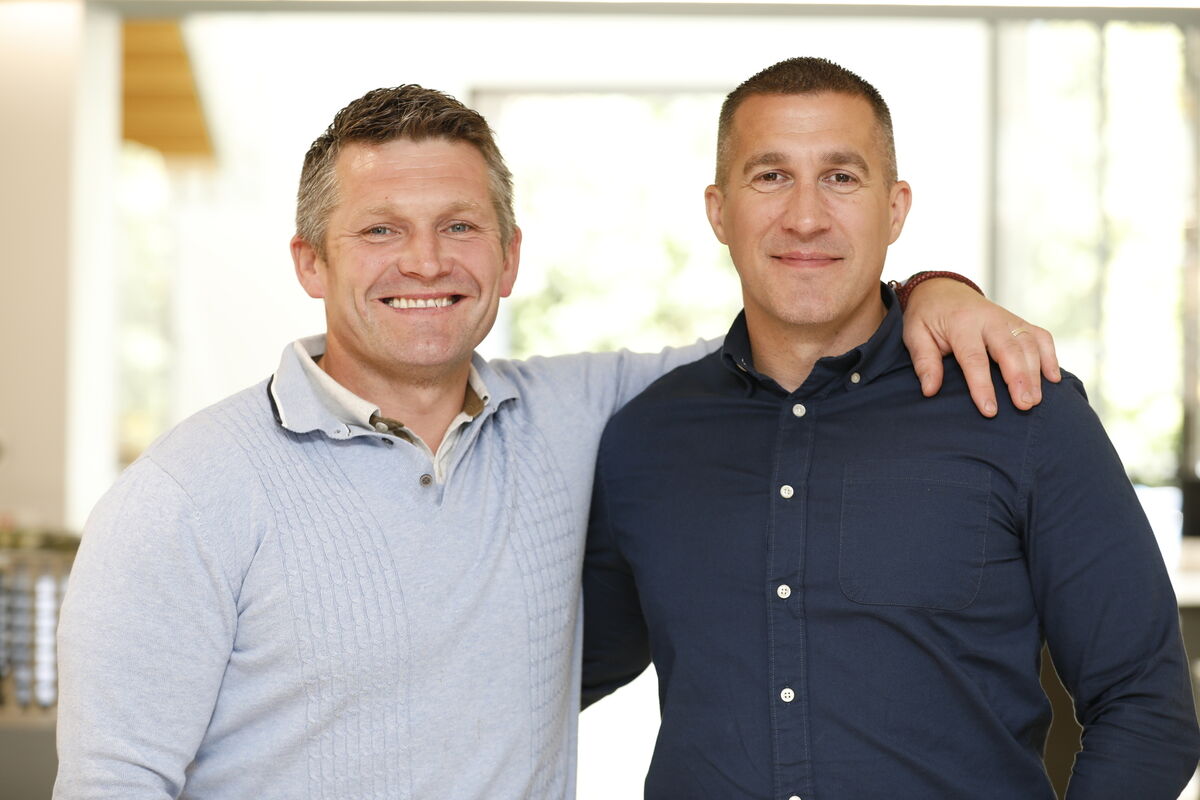
The spectre of data-farming, major advertisers and percentages of ancillary incomes haunts the further development and integrity of the medium - O’Leary gazes into his crystal ball about its future.
"I think you're definitely going to have the mainstream media muscling in more and more. They can see the potential there, and the ears are there. For a lot of these companies it's about following the data. 'This many people listened to the ad at this time, this many people skipped it, this podcast is getting a million listens, this one has the exact audience we're looking to target'.
“A lot of the Irish ones, the more risqué ones, will want to stay independent. I don't know what kind of deals any of these podcasters do with advertisers and stuff, but I'd imagine they need to have a lot of creative freedom to be able to keep their audience and keep the actual show.
“You've got some huge ones, The Two Johnnies and My Therapist Ghosted Me, massive ones like that, which are hugely, hugely invested. But I think you'll definitely see more interesting things coming, you know, especially with in-car entertainment systems, people listening to podcasts on their mobiles, it's just the way it's gone."
With all that in mind - and with a fully-featured lineup of live events slated for the end of the month - O’Leary collects his thoughts on the festival, and the run-up to its headlining events.
“I think the beautiful thing about a podcast festival, or going to a live podcast, is that it's not an event that's focussed on drink. You can go in, you can sit down for two and a half hours or whatever it is, you can listen to something you're really interested in, and go home afterwards. It also revolves around interest, hunger for knowledge, and I think more and more hunger for, say, wholesome, events that can just cater to everyone.”
Cork Podcast Festival runs from Tuesday, August 22, to Sunday, August 27. For more information and tickets, see https://www.corkpodcastfestival.ie
And here are some essential podcasts.
- Cork Opera House; Tuesday, August 22, 8pm
- Cork Opera House, Wednesday, August 23, 8pm - sold out
- Cork Opera House; Saturday, August 26, 4pm
- Maureen’s Pub, Upper John Street, Saturday, August 26; 5pm
- Cork Opera House; Saturday, August 26, 8pm
